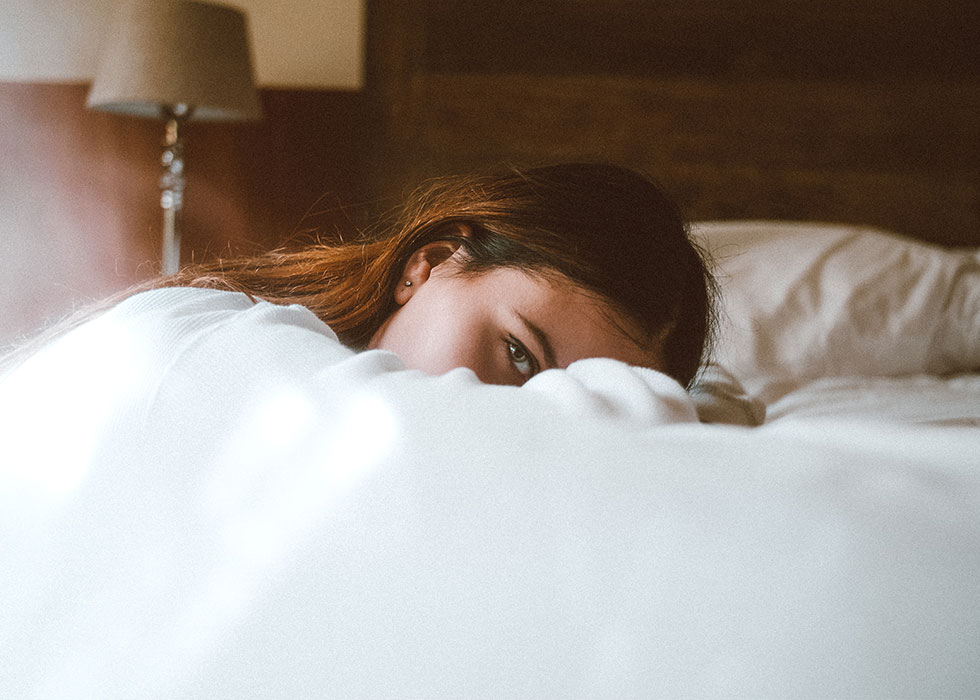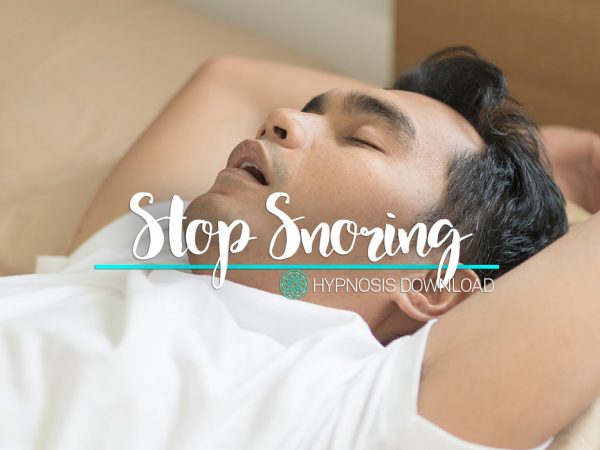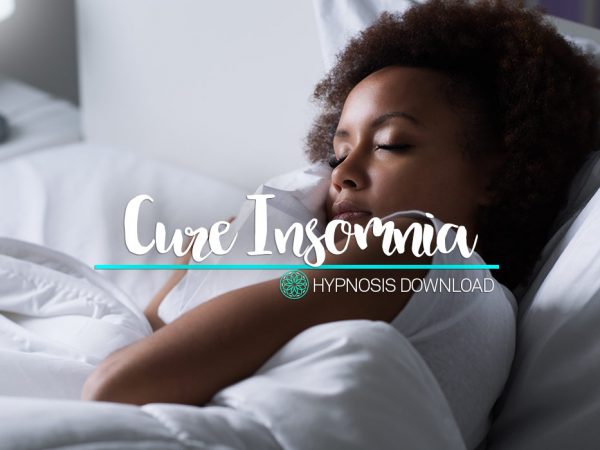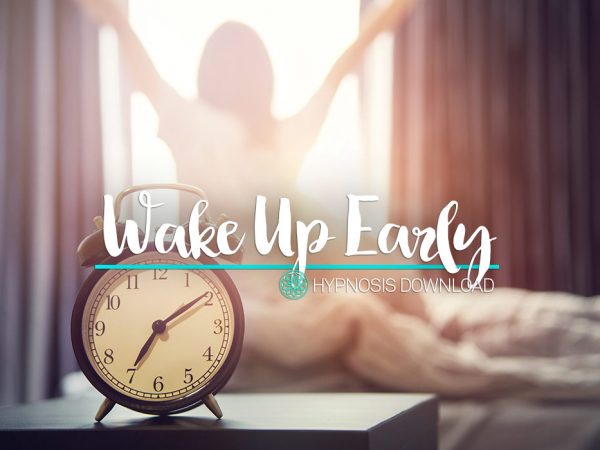
Insomnia and anxiety are two common issues that can have a significant impact on a person’s overall health and well-being. Both insomnia and anxiety can interfere with daily activities, making it difficult to focus and enjoy life to the fullest.
Furthermore, these two issues are often connected, with one often leading to or worsening the other. In this article, we will explore the link between insomnia and anxiety, including how these two issues can influence each other and how they impact mental health.
Additionally, we will discuss treatment options and tips for managing both insomnia and anxiety to improve sleep quality and overall well-being.
Key Takeaways:
- Insomnia is a sleep disorder that affects the ability to fall asleep or stay asleep, while anxiety is a common mental health disorder that causes excessive worry and fear about everyday situations.
- Insomnia and anxiety are often connected, with one often leading to or worsening the other, creating a cycle that can be difficult to break.
- Insomnia and anxiety can have a significant impact on mental health, increasing the risk of developing depression and other mental health issues.
- Treating Insomnia and anxiety requires a holistic approach that addresses both issues. Behavioral therapies, medication, and natural remedies are all options for treating both insomnia and anxiety.
- Creating a sleep-friendly environment, establishing a consistent bedtime routine, practicing relaxation techniques, and maintaining a healthy lifestyle can all help improve sleep quality and reduce anxiety symptoms.
- It’s important to seek treatment for Insomnia and anxiety to improve overall mental health and well-being. A healthcare provider can help develop a treatment plan that is tailored to your specific needs and may include a combination of different approaches.
What is Insomnia?
Insomnia is a sleep disorder that affects the ability to fall asleep or stay asleep. People with insomnia may have difficulty falling asleep at night, wake up frequently during the night, or wake up too early in the morning and be unable to go back to sleep.
Insomnia can be caused by a variety of factors, including stress, anxiety, depression, chronic pain, or medical conditions like sleep apnea.
There are two types of insomnia: acute and chronic. Acute insomnia is a short-term issue that typically lasts less than three months, while chronic insomnia is a longer-term issue that can last for years. Symptoms of insomnia can include daytime fatigue, difficulty concentrating, irritability, and low energy levels.
What is Anxiety?
Anxiety is a common mental health disorder that causes excessive worry and fear about everyday situations. People with anxiety may feel a sense of unease, panic, or dread, even when there is no immediate danger.
Anxiety can be caused by a variety of factors, including stress, trauma, genetics, or medical conditions like a thyroid disorder. There are several types of anxiety disorders, including generalized anxiety disorder (GAD), social anxiety disorder, panic disorder, and phobias.
Symptoms of anxiety can include excessive worry, restlessness, irritability, trouble concentrating, and physical symptoms like sweating, nausea, and rapid heart rate. Anxiety can also lead to sleep disturbances, including insomnia, which can further exacerbate anxiety symptoms.
The Relationship Between Insomnia and Anxiety
Insomnia and anxiety are often connected, with one often leading to or worsening the other. When a person experiences anxiety, it can make it difficult to fall asleep or stay asleep, leading to insomnia. In turn, the lack of sleep caused by insomnia can make anxiety symptoms worse. This creates a cycle of anxiety and insomnia that can be difficult to break.
Furthermore, Insomnia and anxiety can have a significant impact on mental health. When a person experiences both issues at the same time, it can increase the risk of developing depression, as well as other mental health issues.
People with Insomnia and anxiety may have difficulty coping with stress and may experience greater levels of impairment in daily life. It’s essential to seek treatment for both insomnia and anxiety to improve overall mental health and well-being.
Treatment Options for Insomnia and Anxiety
Treating Insomnia and anxiety requires a holistic approach that addresses both issues. There are several treatment options available, including behavioral therapies, medication, and natural remedies. Here are some options for treating Insomnia and anxiety:
Behavioral therapies: Behavioral therapies, including cognitive-behavioral therapy (CBT), have been shown to be effective in treating both insomnia and anxiety. CBT focuses on identifying and changing negative thought patterns and behaviors that may be contributing to insomnia and anxiety. CBT can be done individually or in a group setting.
Medications: There are several medications available that can be used to treat both insomnia and anxiety. These medications can include sedatives, anti-anxiety medications, and antidepressants. It’s important to talk to a doctor before taking any medication to determine the best course of treatment.
Natural remedies: There are several natural remedies that can be used to promote better sleep and reduce anxiety, including herbal supplements like valerian root or chamomile, relaxation techniques like meditation or deep breathing exercises, and lifestyle changes like exercise and a healthy diet.
It’s essential to seek treatment for Insomnia and anxiety to improve overall mental health and well-being. A healthcare provider can help develop a treatment plan that is tailored to your specific needs and may include a combination of different approaches.
Tips for Managing Insomnia and Anxiety
In addition to seeking treatment for Insomnia and anxiety, there are several tips that can help manage these issues on a day-to-day basis. Here are some tips for managing insomnia and anxiety:
Create a sleep-friendly environment: A sleep-friendly environment can help promote better sleep, reducing the impact of insomnia and anxiety. This can include minimizing noise and light pollution in the bedroom, setting the right temperature and humidity levels, and choosing the right mattress and bedding.
Establish a consistent bedtime routine: A consistent bedtime routine can help signal to the body that it’s time to sleep, reducing stress and anxiety that can interfere with falling asleep. This routine should involve relaxing activities like reading or taking a warm bath and should avoid stimulating activities like working or watching TV before bed.
Practice relaxation techniques: Relaxation techniques like meditation, deep breathing exercises, or yoga can help reduce stress and anxiety, promoting better sleep.
Exercise and maintain a healthy diet: Exercise and a healthy diet can help promote better sleep and reduce anxiety levels.
It’s important to remember that managing insomnia and anxiety is a process that may take time and effort. However, with the right strategies and support, it’s possible to improve sleep quality and reduce anxiety symptoms.
Sleep Hypnosis Downloads
Take a look at our self-hypnosis downloads related to improving your sleep.
Conclusion
Insomnia and anxiety are common issues that can have a significant impact on mental health and well-being. These two issues are often connected, with one leading to or worsening the other, creating a cycle that can be difficult to break.
However, there are several treatment options available, including behavioral therapies, medication, and natural remedies, as well as daily tips that can help manage these issues.
Creating a sleep-friendly environment, establishing a consistent bedtime routine, practicing relaxation techniques, and maintaining a healthy lifestyle can all help improve sleep quality and reduce anxiety symptoms.
It’s essential to seek treatment for Insomnia and anxiety to improve overall mental health and well-being. A healthcare provider can help develop a treatment plan that is tailored to your specific needs and may include a combination of different approaches. With the right strategies and support, it’s possible to break the cycle of anxiety and insomnia, leading to better sleep quality and a more relaxed and focused state of mind.
Further Reading
- https://www.healthline.com/health/anxiety-insomnia
- https://www.priorygroup.com/blog/5-ways-to-manage-your-anxiety-related-insomnia
- https://www.webmd.com/sleep-disorders/anxiety-vs-insomnia
- https://www.ncbi.nlm.nih.gov/pmc/articles/PMC7369215/
- https://www.everydayhealth.com/insomnia/relationship-between-insomnia-anxiety-depression-its-complicated/



